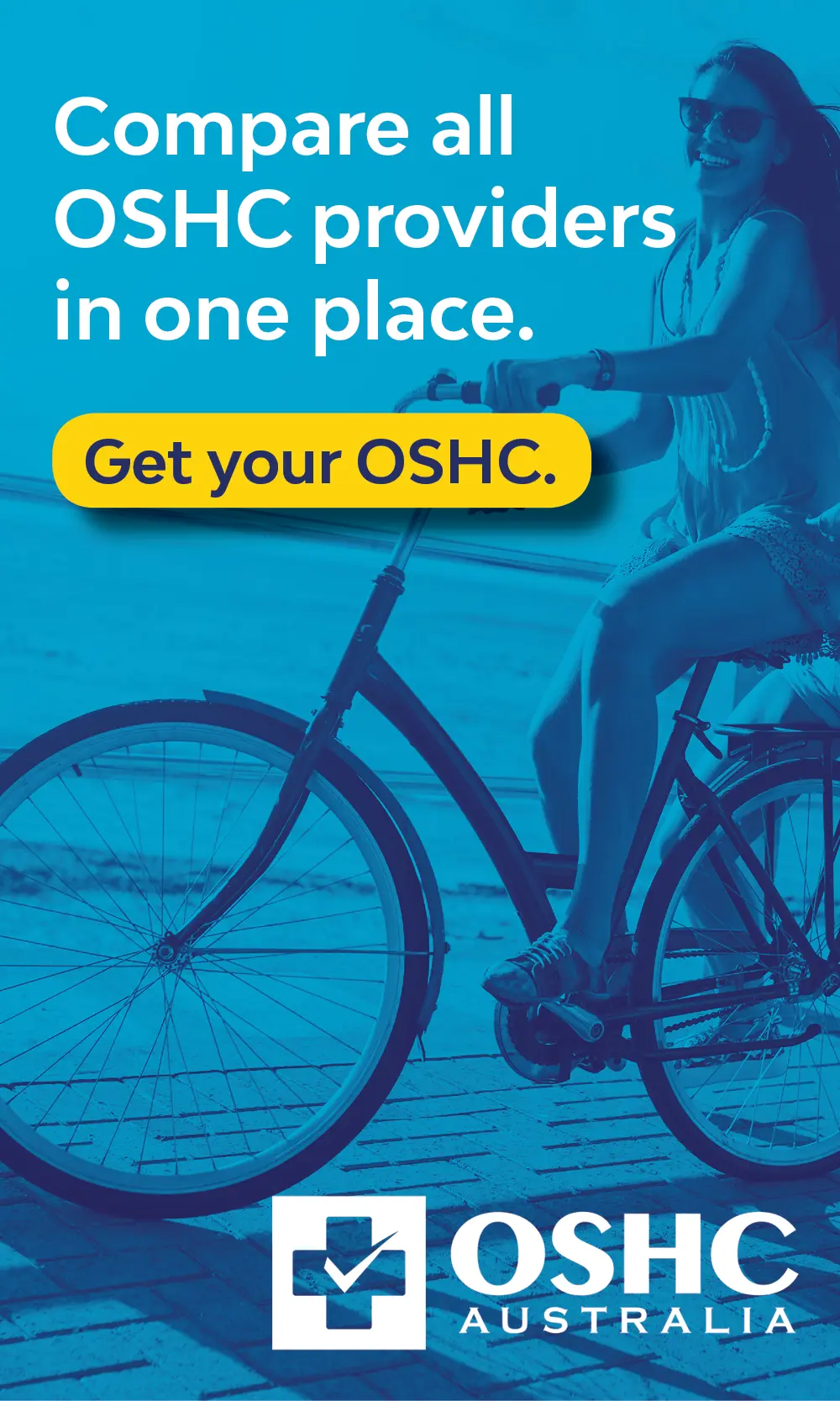Healthcare costs can add up quickly, especially when you’re studying far from home. That’s where the Pharmaceutical Benefits Scheme (PBS) steps in. Designed to reduce the cost of essential medications, the PBS makes healthcare more affordable and accessible in Australia. For international students, understanding how the PBS works—and whether you’re eligible—can make a big difference when managing your health and budget.
Keep reading as we explore what the PBS is, how it benefits international students, how to apply, and what to do if your medication isn’t covered.
What is the Pharmaceutical Benefits Scheme (PBS)?
The Pharmaceutical Benefits Scheme (PBS) is an Australian Government program that subsidises the cost of prescription medicines to increase access to affordable treatment. It’s part of Australia’s universal healthcare framework and helps manage the rising cost of medications by reducing out-of-pocket expenses for eligible individuals.
The PBS includes a range of medicines used to treat everything from infections and mental health conditions to chronic diseases. When a medication is listed on the PBS, the government pays part of the cost, and the patient pays a reduced amount known as a co-payment.
You can browse the full list of PBS medicines via the PBS Medicine Search.
How Does the PBS Benefit International Students in Australia?
Although international students aren’t automatically eligible for the PBS, when claiming for prescription medicine on your OSHC policy, you have to contribute the equivalent amount of the PBS in the form of a co-payment before the insurer will pay a benefit. If you are eligible, the PBS can reduce the cost of prescription medications, which is particularly important for managing long-term or unexpected health conditions.
Students who hold certain visa types or have special arrangements (such as those from countries with reciprocal healthcare agreements) may be able to access PBS benefits. In these cases, PBS makes a range of medicines more affordable, so international students can prioritise their health without overstretching their budget.
Eligibility for PBS: Can International Students Access It?
PBS eligibility is generally reserved for Australian citizens and permanent residents. However, international students from countries with Reciprocal Health Care Agreements (RHCAs)—such as the UK, New Zealand, or Sweden—may be eligible for limited Medicare access, which in turn may allow access to PBS.
For most other students, PBS eligibility does not apply. However, your Overseas Student Health Cover (OSHC) may help cover the cost of some medications not subsidised by the PBS. Check with your OSHC provider for your specific entitlements and limits.
You can find a full list of RHCA countries and eligibility details on the Services Australia website.
How to Apply for the PBS as an International Student
If you’re from an RHCA country and qualify for Medicare, you’ll need to apply for a Medicare card through Services Australia. Once enrolled, you can access the PBS benefits.
To apply for PBS access, follow these steps:
- Visit a Services Australia Centre with your passport, visa, and proof of enrollment.
- Complete the Medicare enrollment form.
Once approved, you’ll receive a Medicare card, which gives you access to subsidised PBS medications. You can learn more about the Medicare application process here.
What Medications are Covered by the PBS for International Students?
The PBS covered medications list includes thousands of treatments for conditions such as infections, allergies, asthma, diabetes, mental health, and more. If you’re eligible for PBS, you can search for your medication on the PBS website to see if it’s included.
Common medications that international students may need—such as antibiotics, antidepressants, asthma inhalers, or contraceptives—are often on the list. However, specific brands or formulations may vary, so it’s important to double-check before visiting the pharmacy.
Contact OSHC Australia for Further Assistance
Not sure where you stand with PBS eligibility, how to apply for PBS, or what your OSHC policy covers? We’re here to help. Contact us, or get in touch with your insurer for detailed policy information. For questions about the PBS itself, you can also contact PBS online.


